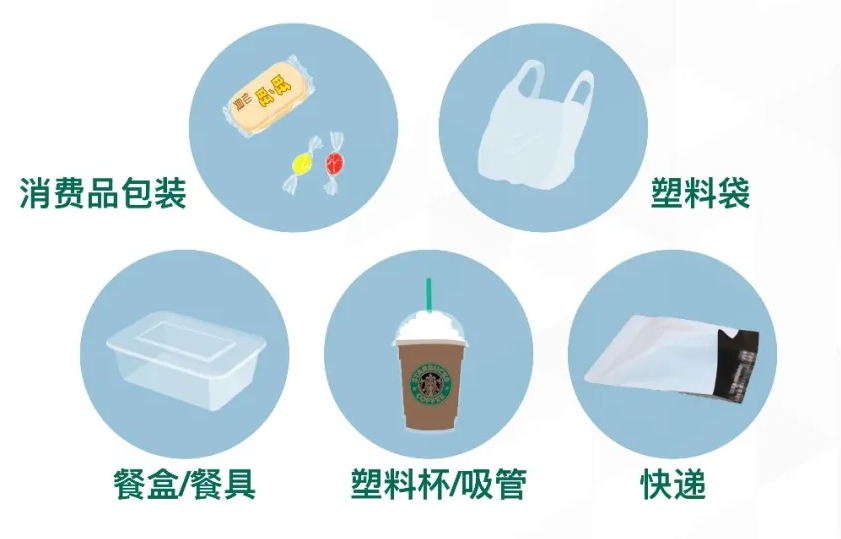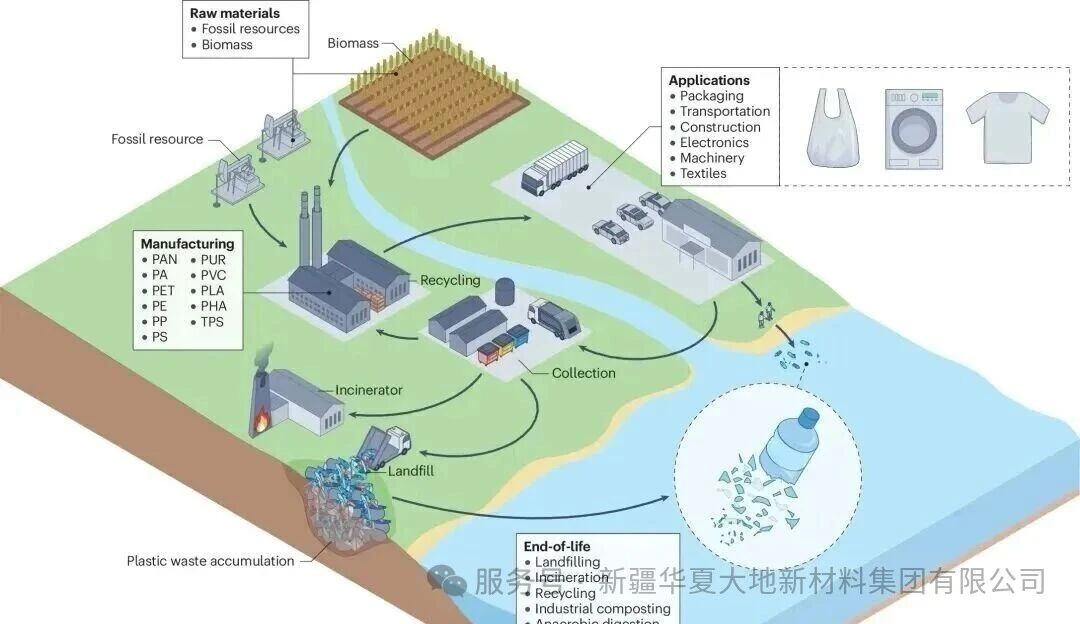According to the "2024-2029 China degradable plastics market depth analysis and investment strategy Consulting Report" analysis. In the future, the competitive landscape of the degradable plastics market will change. On the one hand, domestic enterprises will continue to improve their technical level and market competitiveness, and strive for a larger market share; On the other hand, foreign enterprises will continue to exert their strength in the Chinese market and form a more fierce competition with domestic enterprises. This will promote the technological progress and market expansion of the entire industry.
The Chinese government has always attached great importance to the control of plastic pollution and issued a series of policy documents to promote the development of the degradable plastics industry. For example, documents such as the Opinions on Further Strengthening the control of Plastic Pollution issued by the National Development and Reform Commission, the Ministry of Ecology and Environment and other departments, and the Notice on Solidly promoting the control of plastic pollution, have put forward a clear timetable for the prohibition or restriction of disposable non-degradable plastics. These policies require that from 2020 to the end of 2025, the use of non-degradable plastic bags should be phased out nationwide, the consumption intensity of non-degradable disposable plastic tableware in the field of food and beverage takeout in cities above the prefecture level should be reduced by 30%, and the plastic pollution across the country should be effectively controlled by 2025. The introduction and implementation of these policies provide a strong policy guarantee for the development of the degradable plastics industry.
In response to the national call, provinces and cities are also actively promoting the development of degradable plastics industry. For example, the "Implementation Plan for Accelerating the Construction of Waste Recycling System in Tianjin" issued by Tianjin Municipality proposes to strengthen the recycling of low-value recyclables, publish the city's low-value recyclables catalogue, and continuously improve the classification accuracy of low-value recyclables such as waste glass and low-value waste plastics in the classification of domestic waste. The introduction and implementation of these policies will further promote the application and promotion of degradable plastics in the local market.
The promotion of the policy has played a positive role in promoting the development of the degradable plastics industry. However, there are also some challenges and problems. For example, the production cost is high, the degradation performance needs to be further improved, and the market acceptance needs to be improved. These problems need to be addressed by governments, businesses and consumers. The government should continue to introduce relevant policies to guide the development of the degradable plastics industry, while strengthening the formulation and implementation of industry standards to promote the healthy and orderly development of the industry. Enterprises should continuously improve their technical level and market competitiveness, reduce production costs, and improve product quality and performance. Consumers should improve their environmental awareness, actively buy and use degradable plastic products, and promote the sustainable development of the entire industry.
In summary, the degradable plastics industry has shown a positive development trend in terms of market development, prospects, environment and trends. In the future, with the continuous progress of technology and the continuous expansion of the market, the degradable plastics industry will usher in a broader space for development. The government, enterprises and consumers should work together to promote the sustainable development of the entire industry and contribute to protecting the environment and achieving green development.








